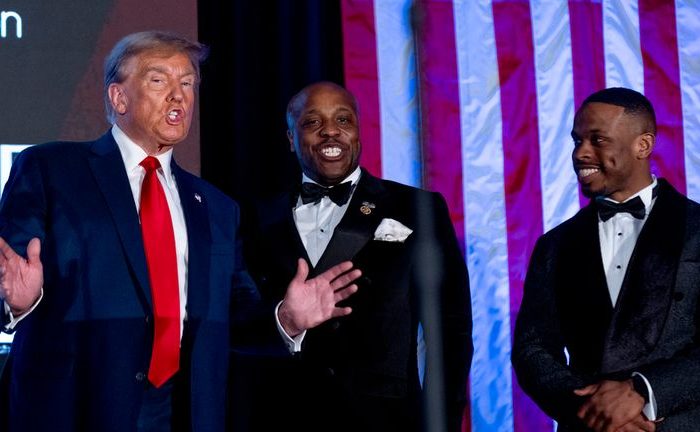Federal Court Says ‘Sensible’ Corporate Transparency Act is Unconstitutional
The White Home had championed the laws to struggle illicit exercise.
An Alabama federal courtroom dominated that the Company Transparency Act (CTA) is unconstitutional, leaving the coverage’s future unclear.
In 2021, Congress enacted laws mandating corporations to share their identities and details about helpful house owners. The regulation, which went into impact in January, was designed to fight illicit exercise, together with financial laundering, tax fraud, and terrorist financing.
Violations would result in a effective of as much as $10,000 and two years in jail.
U.S. administration officers championed the invoice as a significant instrument for regulation enforcement and nationwide safety businesses to crack down on criminals, corrupt people, and different gamers who might exploit the U.S. monetary system for unlawful pursuits.
“Critically, this rule can even enormously additional our Administration’s work to struggle corruption and its corrosive results on our democracy and the rule of regulation – each at house and all over the world.”
In accordance with a abstract judgment within the case of Nationwide Small Enterprise United v. Yellen, the U.S. District Court docket for the Northern District of Alberta decided that the CTA was unconstitutional.
The U.S. authorities offered three major arguments in courtroom.
The primary competition was that Congress might enact the CTA due to its overseas affairs energy. The second is that the CTA is a vital characteristic and performance of its taxing energy. The ultimate purpose is that the CTA is a correct instrument beneath the Commerce Clause.
In his abstract, the federal decide opined that the CTA “exceeds the Structure’s limits on the legislative department,” including that it doesn’t meet the factors of congressional powers within the Commerce Clause.
“The plain textual content of the CTA doesn’t regulate the channels and instrumentalities of commerce, not to mention business or financial exercise,” Decide Burke opined. “As a result of the CTA doesn’t regulate commerce on its face, comprise a jurisdictional hook, or serve a necessary a part of a complete regulatory scheme, it falls exterior Congress’ energy to manage non-commercial, intrastate exercise.”
That mentioned, the courtroom contended that Congress might have penned laws that may have gained a constitutional problem, citing two circumstances in 1946 and 1974. These situations spotlight “how simply Congress might have written the CTA to move constitutional muster.”
In accordance with the courtroom, neither case “would bar Congress from imposing the CTA’s disclosure necessities on State entities as quickly as they’re engaged in commerce, or from prohibiting the usage of interstate commerce to launder cash, ‘evade taxes, disguise … illicit wealth, and defraud workers and prospects.’”
The Authorized Fallout
On account of this case’s findings, the courtroom prevented the Treasury Division, the Monetary Crimes Enforcement Community (FINCEN), and another federal company from imposing the CTA provisions in opposition to the plaintiffs.
Nevertheless, consultants warn that this can generate quite a lot of uncertainty as as to whether different events should observe the CTA guidelines and laws or threat dealing with penalties from federal authorities. For now, authorized analysts have beneficial that the roughly 32 million small companies and reporting entities shouldn’t droop their compliance plans because the CTA has not been halted outright.
Whereas the implications of the courtroom’s determination might result in revisions or additions to the CTA, authorized observers say the Treasury Division will possible attraction the choice to the U.S. Court docket of Appeals for the Eleventh Circuit.
The small enterprise neighborhood will monitor the litigation developments within the appeals course of.

















